Royal Navy ships and submarines, as well as their Royal Fleet Auxiliary, are currently deployed worldwide but where? Let’s take a look.
When writing about aircraft carrier HMS Queen Elizabeth and frigate HMS Somerset recently arriving in the British territory of Gibraltar, I came across an interesting tweet at the weekend that really put into perspective what the Royal Navy and Royal Fleet Auxiliary are doing around the world right now and I thought it was worth sharing, the tweets are shown below.
@NavyLookout @pinstripedline @EngageStrategy1
Incredible reach as of today:
-HMS Queen Elizabeth Gib
-RFA Wave Knight Gib
-HMS Somerset Gib
-HMS Duncan Black Sea
-HMS Sutherland Indian ocean
-HMS Albion heading to lead nato group in Med
-HMS Enterprise survey in the Med— George Selby (@selb_mcc) February 9, 2018
@NavyLookout @pinstripedline @EngageStrategy1
Incredible reach as of today:
-HMS Queen Elizabeth Gib
-RFA Wave Knight Gib
-HMS Somerset Gib
-HMS Duncan Black Sea
-HMS Sutherland Indian ocean
-HMS Albion heading to lead nato group in Med
-HMS Enterprise survey in the Med— George Selby (@selb_mcc) February 9, 2018
Recently we reported that Type 23 Frigate HMS Sutherland called into the British Indian Ocean Territory of Diego Garcia. HMS Sutherland is currently on a deployment to Australia, the Far East and the Gulf region. Her sister ship, HMS Montrose, also recently spent a week at the NATO weapon and sensor range in Norway.
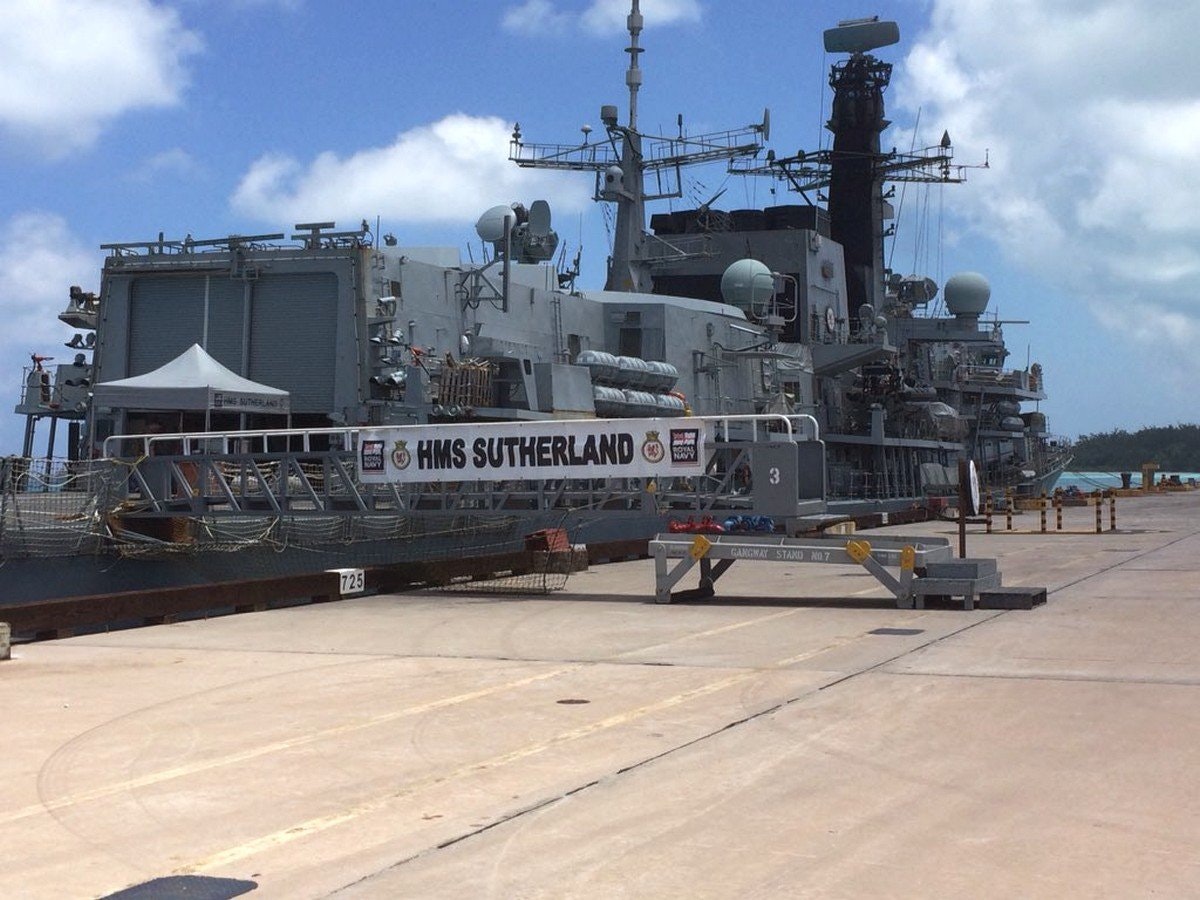
Earlier in the month, HMS Duncan has sailed through the Bosphorus Straight and into the Black Sea. HMS Duncan is leading Standing NATO Maritime Group 2 ‘(SNMG2), what NATO call an ‘Immediate Reaction Force’. The destroyer left Portsmouth Naval Base in early January resume the role after a three-month stint in charge last year.

The Russian Task Group, which includes the sole Russian aircraft carrier, Admiral Kuznetsov, the nuclear powered Kirov Class Battlecruiser, Pyotr Velikiy and two Udaloy Class Destroyers, Vice Admiral Kulakov and Severomorsk sailed from Russia on Saturday 15 October to join the Russian anti-Daesh military operations in Syria.
Assault ship HMS Albion also sailed from Plymouth to head the Standing NATO Maritime Group 2 (SNMG2), operating in the Mediterranean. Captain Tim Neild, HMS Albion commanding officer, said:
“It is a huge privilege for us to fly the flag of the NATO task group commander in such a high profile deployment. This symbolises the importance that the UK and the Royal Navy places on our role in NATO and in assuring the collective defence and security of NATO allies and partners.
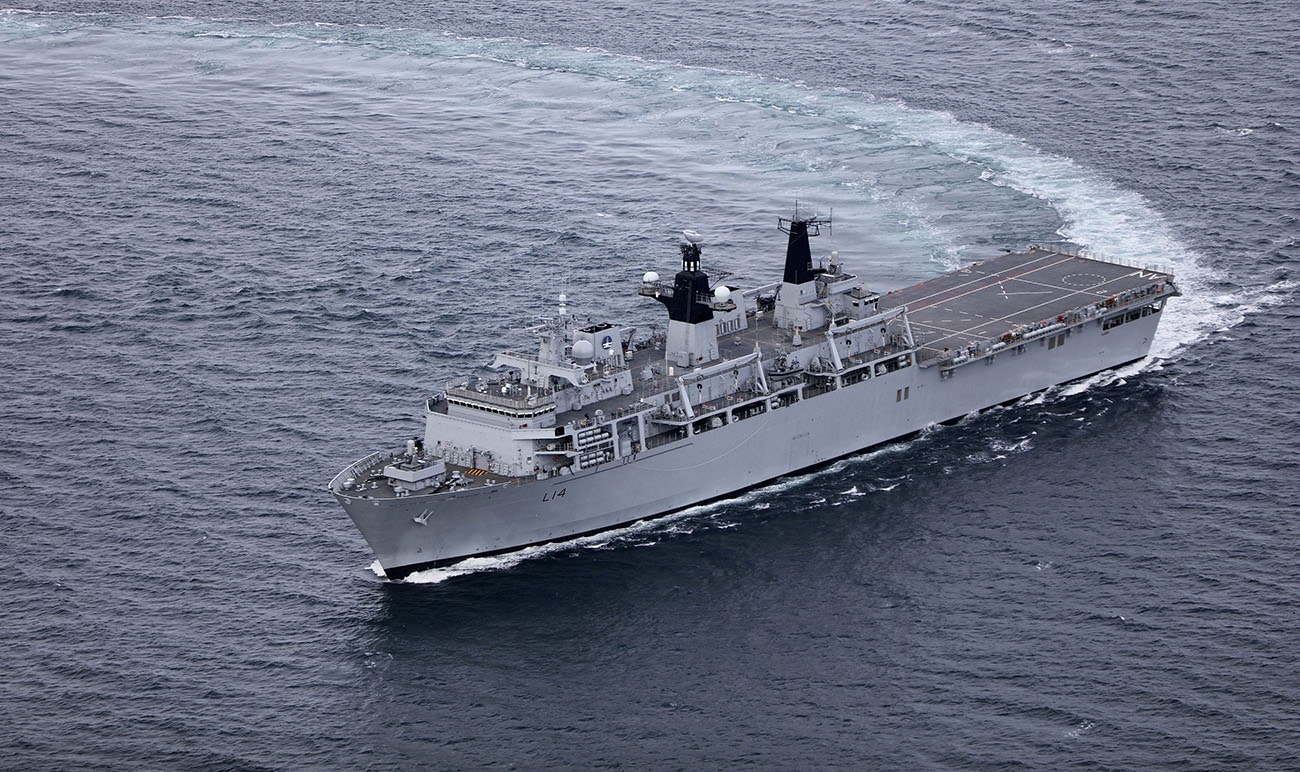
This new tasking fulfils a vital contingency role for NATO in the Mediterranean. The task group will protect NATO interests by promoting security and stability in the region whilst offering options for NATO to deal with any emergent tasking. Over the coming months, HMS Albion will undertake presence and security operations as well as conducting multi-national exercises aimed at increasing the way the navies of the task group work together.”
The commander of SNMG2, Commodore Mike Utley, said:
“Our role in NATO sits right at the heart of British Government policy to reinforce our commitment to international partners and their broader security. What better way for the UK to contribute than to lead this task group from HMS Albion – I am immensely proud to command such a highly professional and internationally diverse force.”
Also of note, following operations with the Royal Australian Navy, RFA Fort Rosalie is now supporting the US Navy’s Theodore Roosevelt carrier strike group. According to the Royal Navy:
“The trip enabled personnel to get first-hand knowledge of how the US Military Sealift Command ship operates her helicopters, flight deck and equipment during high-tempo Vertical Replenishment (VERTREP) operations with the US aircraft carrier.”
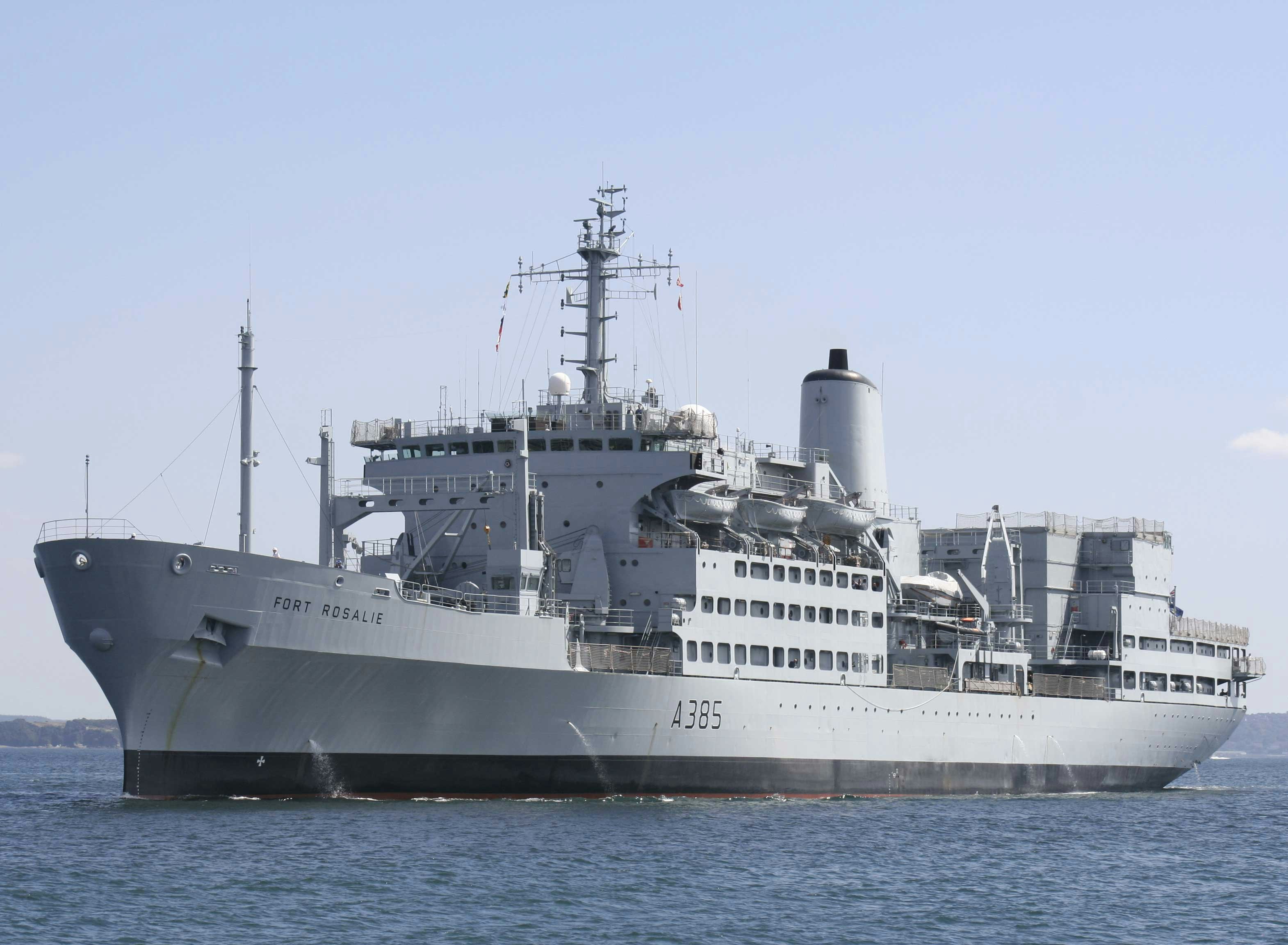
CO of Fort Rosalie Capt Karl Woodfield said:
“This opportunity for Fort Rosalie to see at first hand and then conduct high tempo carrier support operations is a major plus as ships of the RFA prepare to support the UK’s new aircraft carrier HMS Queen Elizabeth. The RFA has a longstanding close relationship with the Military Sealift Command and I spent three very enjoyable years as the RFA exchange officer working in MSC Command in Washington DC. It was therefore great to see at first hand again the professional service and renew my links with the MSC. Fort Rosalie will be supplying the ships in the group with food, mail and stores.”
In a largely overlooked exercise recently, British and American medics based in the Middle East tested their ability to provide life-saving medical care aboard the vessel.
In 2017 the exercise Azraq Serpent made use of the now sold HMS Ocean. For 2018, the Americans used Cardigan Bay, which acts as a mother ship for British and US minehunters operating in the Gulf say the Royal Navy.
“The medics of Expeditionary Resuscitative Surgical System 19 normally provide care for the US Marine Corps’ 5th Expeditionary Brigade. They joined US Coast Guard and Air Force comrades, British military medics and Royal Marines of 42 Commando – some of whom ‘volunteered’ to be casualties – aboard the 16,000-tonne support ship for the week-long workout.
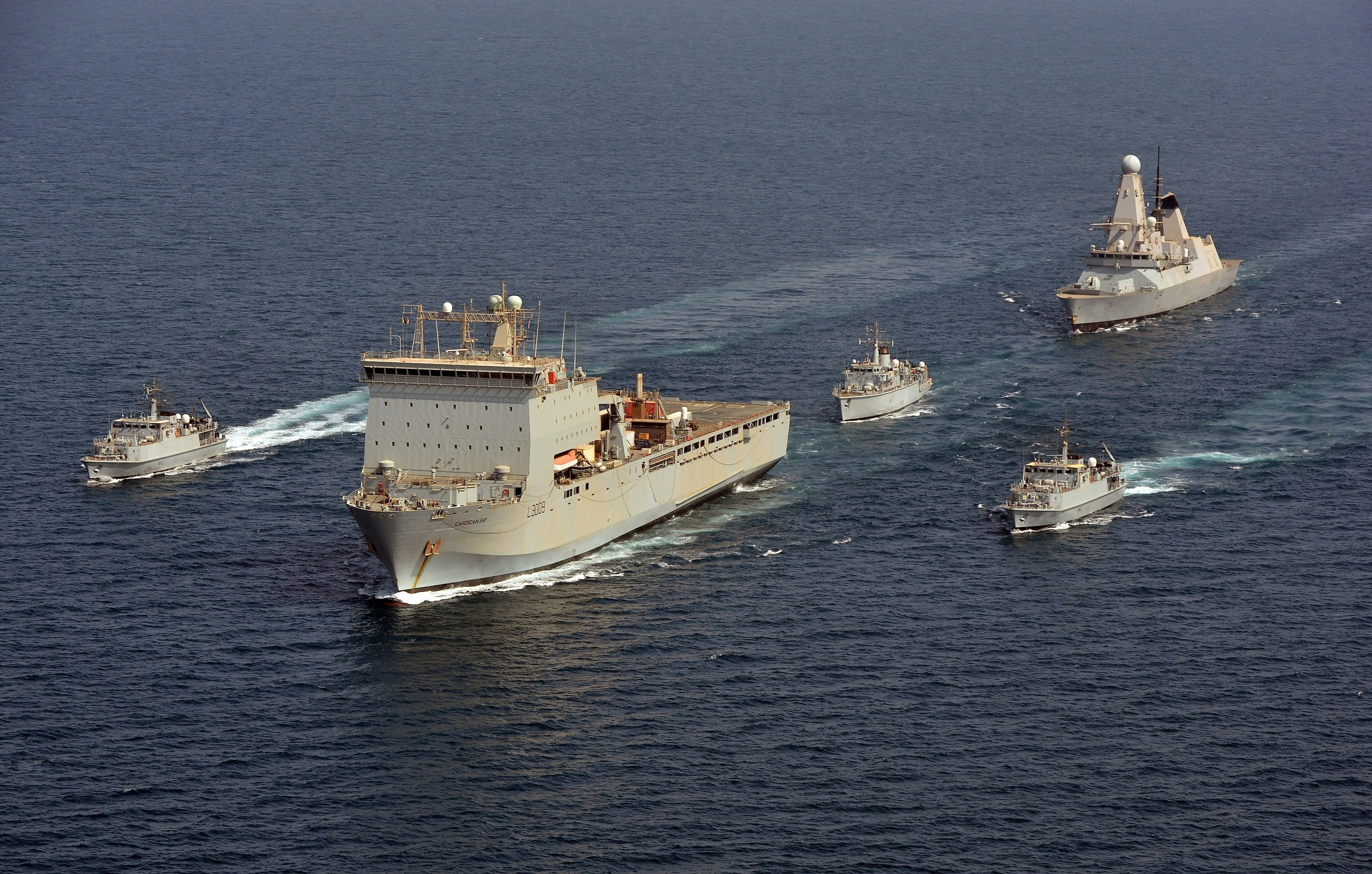
Although she doesn’t possess the comprehensive ‘hospital suite’ fitted aboard RFA Argus, Cardigan Bay still has a sizeable medical facility – including an operating table and several critical care beds. In emergencies and conflict, a fully-operational sickbay could provide ‘Role 2’ treatment – performing emergency surgery sufficient to stabilise a casualty so they can be transported to a permanent hospital ashore.”
HMS Enterprise, also in the Black Sea with HMS Duncan, docked in Bulgaria at the weekend.
Welcoming @HMSEnterprise and @SNMCMG2 to the Port of Burgas. #WeAreNATO pic.twitter.com/p9kPcC8RYx
— UK in Bulgaria (@UKinBulgaria) February 9, 2018
While this article hasn’t covered every ship or submarine out on deployment, I hope it gives you a good idea of what the men and women at sea are doing and why they’re doing it.



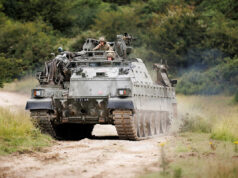
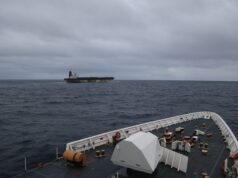
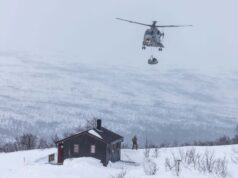

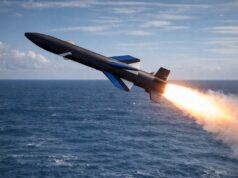
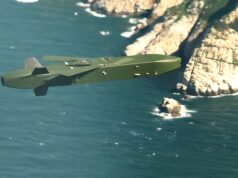

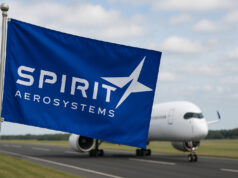

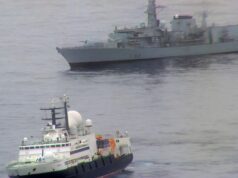

Amazing for how little they have to work with.
Nice to give our men and women of the Royal Navy some acknowledgment for the great work they do.
Something you don’t see enough of from the likes of the BBC.
Dont forget the RFA
They couldn’t get to these so called far off places without them
Fantastic.
Thanks for the great info.
? to our superb military.
????
okay wonderful but what about the rest of the “fleet” ?
I know we all bang on about the lack of RN assets, but it appears we aren’t the only ones:
No more missions for Germany’s navy,’ warns armed forces ombudsman
Germany must think twice before agreeing to any new maritime missions with NATO, the European Union or the United Nations, according to the parliamentary commissioner for the armed forces, Hans-Peter Bartels. In an interview published in the Sunday tabloid Bild am Sonntag, Bartels blamed bureaucracy and mismanagement for a lack of available frigates.
“The navy will soon run out of operational ships,” the Social Democrat (SPD) politician told the paper.,/i>
Lack of parts
Bertels said a shortage of spare parts for German navy vessels would likely lead to longer repair stays in shipyards.
“There are too many administrative responsibilities, a lack of staff, and sometimes [ship repair] companies like to cling as long as possible to a given order,” he warned.
Bild am Sonntag reported that one of the three largest ships in the German navy, the combat support vessel “EGV Berlin,” along with the supply ship “EGV Bonn,” was expected to be out of action for much longer than initially anticipated.
http://www.dw.com/en/no-more-missions-for-germanys-navy-warns-armed-forces-ombudsman/a-42535481
It appears the grass isn’t greener elsewhere and the RN is doing better than others. That said, I still would like to see more ships
When all escorts were in port at Christmas the media were all over it, but these deployments will go unnoticed by the media, or more accurately, they don’t fit the meme of the RN being a collection of broken-down rust buckets perpetually in danger of sinking, so are ignored, QE excepted, of course.
HMS Echo was also in Montenegro over the weekend. Not to mention HMS Protector and HMS Clyde operating in the South Atlantic.
TH wrote:
Is it not overly provocative to have war ships in the Black Sea? The English Channel is a shipping lane, the Black Sea is not.
HMS Duncan is visiting Varna, in Bulgaria, Bulgaria is a NATO member and around 300Km away from the Crimea, so the answer is no. If a Russian Su 24 was to over fly the Ship then that doesn’t mean the British are wrong. One thing I am glad about being British is we stick by our friends,
When Albion arrives to become flagship, am I right in thinking Duncan will proceed to the Gulf? UKDJ said Duncan was deploying to the Med and Gulf back in January, so is that still the case?
Find release of information and articles like this truly embarrassing. our bath tub navy need greater protection.
If the RN with SSNs, CVF and SSBNs and the quality kit we have in numerous areas is “bathtub” then how would you describe other navies?
It’s a great platform Daniel, but no depth of numbers. A focus on non gold plated platforms in numbers that give flexibility and coverage, and a big industrial push in small to medium sized autonomous platforms that answers the issue of manpower. Like the new Rolls Royce ships being designed and Uavs as well.
I quite agree Tim. I have been suggesting for some time a balance between quality and quantity, as you say non gold plated to boost numbers.
The RN it seems is trying that with T31 and still people are moaning!
Thanks for the heads up Neville.